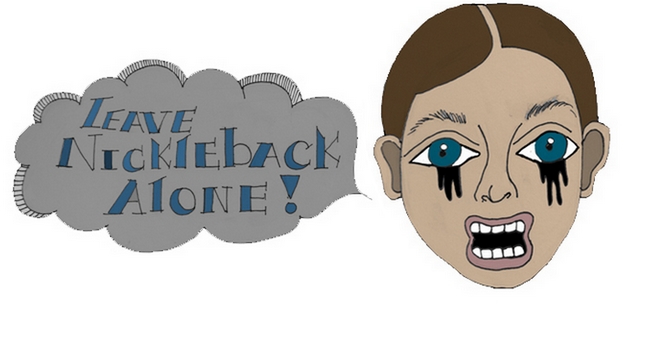When you listened to Sonic Youth, did you ever think Thurston Moore or Kim Gordon were particularly happy? Was Gordon’s bass particularly sprightly on “Plastic Sun” so its player could not possibly be described as anything but happy? Sonic Youth has always been particularly confounding, but the response to Gordon and Moore dissolving their marriage has to be one of the more confounding aspects of the band’s history. But more than the reaction to this marriage in general, the Moordon marriage (We have all been calling it that right?) dissolution illumines a very dangerous aspect of the listener’s relationship with music and how that can somehow transcend the happiness of two individuals raising a child.
At the risk of sounding self-righteous, it’s worth noting that Moore and Gordon have a child together. Coco Hayley Gordon Moore is 17 and perfectly capable of handling the emotional baggage of a family divorce without Sonic Youth fans’ help, to be sure. Just so, Moore and Gordon are perfectly mature individuals who have survived a great amount of personal turmoil throughout their tenure in and out of Sonic Youth. To suggest that any of the three need societal acceptance for their familial problems would treat the fans as a far more important entity to the personal lives of musicians than they have any right to be.
But that’s the problem, isn’t it? Albeit in a different way. There’s a reason nobody was talking about the personal implications of a marriage gone wrong within Sonic Youth, and it’s not an isolated problem. The same thing happened on a much smaller scale with the Once marriage, the relationship between folkster Glen Hansard and piano beauty Marketa Irglova, although there was the added wrinkle that the two had made a fictional movie about the relationship that was months from ending. The core concept was the same, however: unless it affects the music, it doesn’t matter.
If the Sonic Youth name gets retired because of the Moore/Gordon divorce, this story will fade into the background of the great indie-rock band’s narrative.
But if the moniker is resurrected, with any combination of Moore or Gordon’s name attached, make no mistake, this divorce will be an essential part of the narrative. Because the listener can’t accurately process exactly what’s going on within the minds of people we don’t know, we use the only viable reference point: the music. Two musicians in love? That’s not a big deal; everybody falls in love. Two musicians breaking up? Yeah sure, maybe there’s something there. Two musicians divorcing? Well, that must affect the finished product, right?
The listener is a selfish beast, and there’s no other way it can be. When a song is playing through those shitty Apple headphones, the only relationship that matters is the one between the music and the listener. Anything else is just context, which makes the reaction to Moore and Gordon’s split look like something an invested interloper would say. The actual event of the divorce doesn’t necessarily matter, and the sadness about their break-up is the equivalent of crocodile tears in any other context save for the now-uncertainty of new Sonic Youth material. It may feel slightly painful to think about indie-rock royalty not being destined to be with each other forever, but those pangs are for Sonic Youth, not for Moore or Gordon.
If that feels like an indictment of a particularly uncaring aspect of the music listening public, well maybe it is. It’s not necessarily the fault of the listener to miss the real point of the story about Gordon and Moore: that their marriage wasn’t working. That’s not interesting. Ninety-eight percent of marriages end in divorce (Right?). The (or one) scourge of the Internet Age has been our rabid obsession to justify how every bit of news affects us in a personal way, even when it quite clearly doesn’t. While the Sonic Youth Separation of the Century has a nicer ring to it, it doesn’t really matter at all to us. So buck up, music community, your voyeuristic side is showing.



